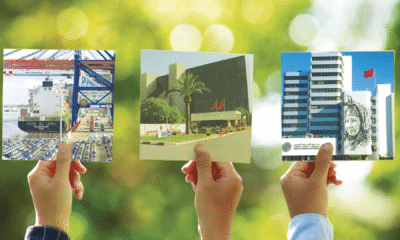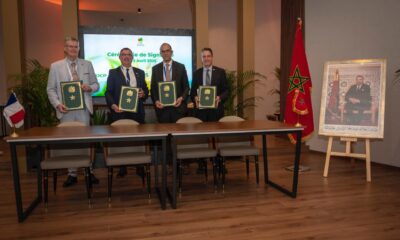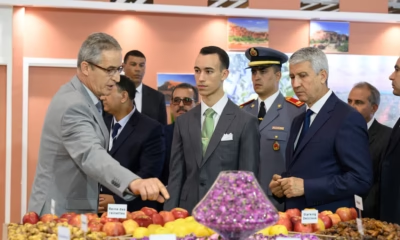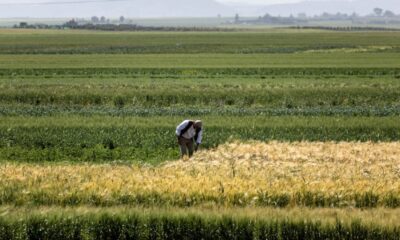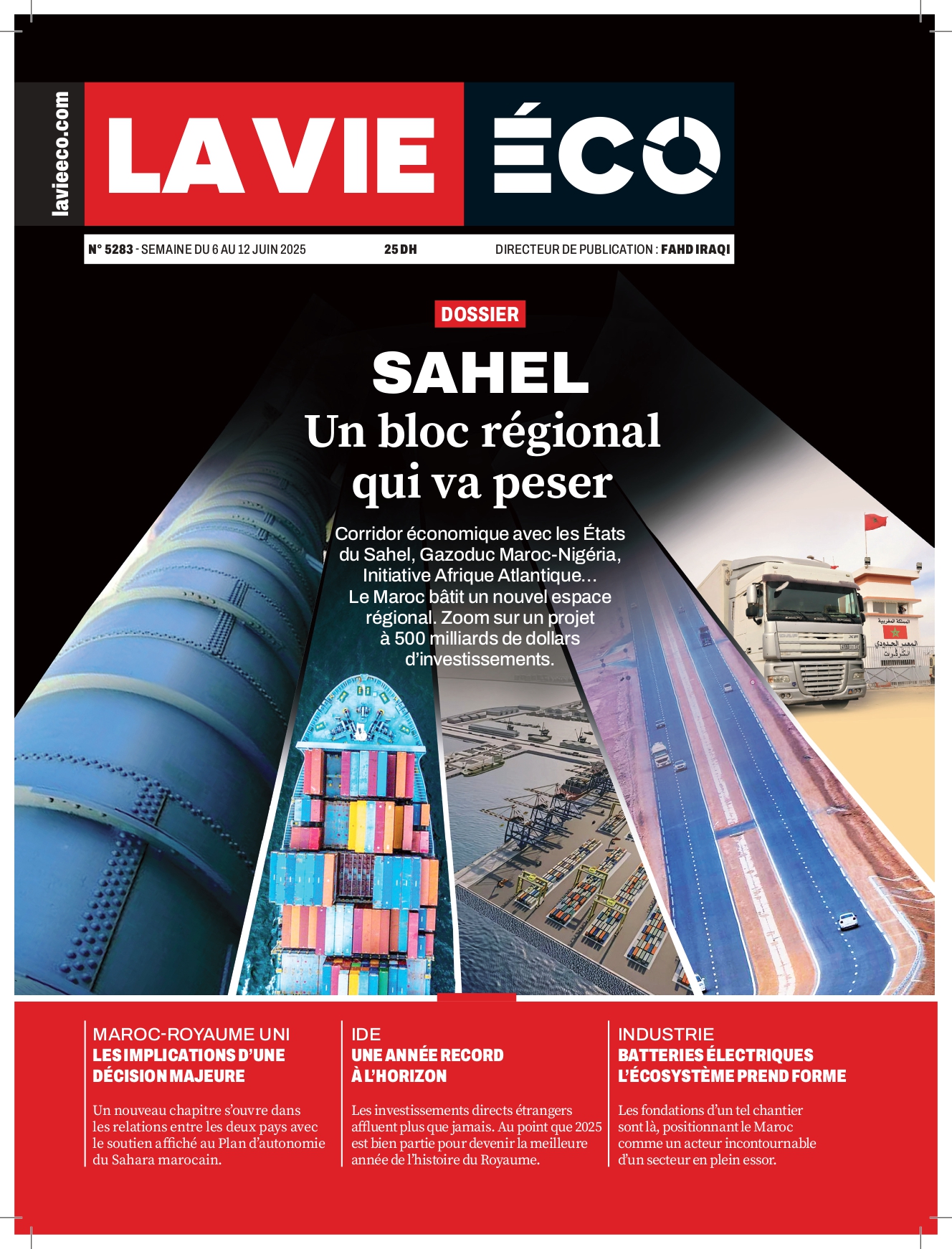Influences
SIAM: Desalination, dams, transfers… Morocco cited as an example
Water management is a shared vision between Morocco and France, the country of honor at this 17th edition. The Moroccan experience is highly praised, both in optimizing this water resource and in its governance and financing.
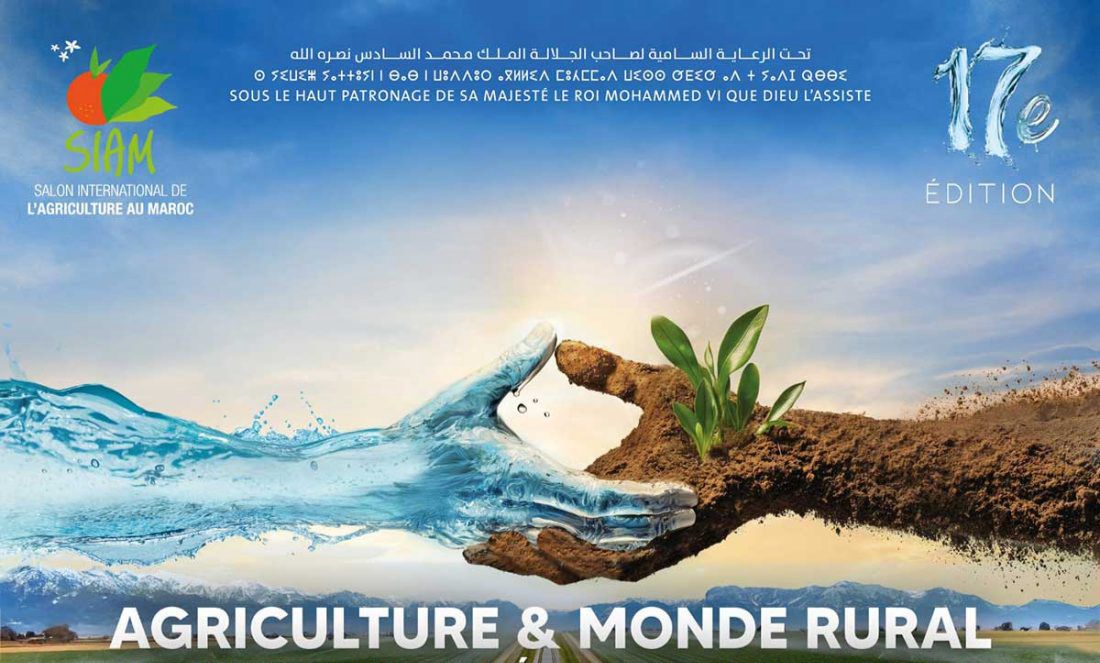
SIAM, this major agricultural event that brings together experts and professionals from all backgrounds, takes on great importance in its 17th edition this year. The exhibition is centered on a theme shared by several countries, including France, the guest of honor, namely water-its scarcity, optimization, and governance.
Morocco and France face the same constraints, such as climate change, successive periods of drought or flooding, and pressure on water resources. Both countries have developed strategies adapted to their contexts, not only to optimize water consumption and management but also to enhance its value.
Ahmed El Bouari, Minister of Agriculture, recalled during the high-level conference on «Water management for sustainable agriculture » that, as part of the implementation of the Generation Green strategy, the mobilization of water and the improvement of irrigation efficiency are crucial for the future of Moroccan agriculture and rural areas.
Among Morocco’s projects in this area: modernizing irrigation networks, aiming to increase the area irrigated by drip from the current 54% of equipped land to over 70% by 2030; developing water supply through new dams in high-rainfall regions; interconnecting water basins; and creating seawater desalination plants using renewable energy.
Moroccan excellence
He added: «An ambitious irrigation program for next summer will be implemented, thanks to the beneficial rainfall recorded during this agricultural season, which has significantly improved the water situation ».
Similarly, Nizar Baraka, Minister of Equipment and Water, highlighted Morocco’s major progress: «We have many examples of projects in this area, such as seawater desalination plants in Casablanca, Agadir, and Dakhla ».
The latter, mainly powered by renewable energy, was highly praised by French officials. «With an estimated cost of 30 euro cents/m³, instead of 60 to 80 cents for public water, the Dakhla desalination plant is a technological revolution led by Moroccans », said Loïc Fauchon, President of the World Water Council.
Based on this «Moroccan excellence », he said, it was decided to propose to the Moroccan government the creation of a global center dedicated to non-conventional water and renewable energy, to be based in Morocco.
Another highly appreciated achievement is Morocco’s water governance system, with the establishment of regional multi-service companies. This initiative is part of one of the three pillars the Council relies on to address water challenges: knowledge (supported by innovation and artificial intelligence), governance, and finance.
He also called for canceling water-related debt for the poorest countries, encouraging blended financing, and creating international public guarantees to support water projects.
The importance of cooperation
However, funding for projects aimed at sustainable and resilient agriculture should not rely primarily on the state budget. Baraka believes private sector involvement is essential, not only for its technical and managerial performance but also for its ability to quickly and efficiently mobilize investment resources, especially through public-private partnerships.
Countries facing similar situations and challenges should not act alone. Sharing experiences, expertise, technologies, and know-how is necessary. This was highlighted by Benjamin Haddad, Minister Delegate for Europe.
He emphasized the importance of actively supporting technical cooperation between the two countries, especially in a context marked by issues of food sovereignty, climate change adaptation, and resource preservation that require joint mobilization.
This enables the emergence of concrete and sustainable solutions, driven by innovation and adapted to local realities.
Two agreements between the Ministry of Agriculture and the Ministry of Water
Two agreements were concluded between Ahmed El Bouari and Nizar Baraka. The first concerns a participatory management contract for the Fès-Meknès aquifer, involving a coordinated action program with all stakeholders to ensure the environmental and economic sustainability of the aquifer through integrated and sustainable water resource management.
The second concerns agriculture, meteorology, and climate. It establishes a framework for cooperation and coordination between the two ministries through data, information, and expertise exchange, the development of climate services for agriculture, and capacity building for stakeholders in the field.

